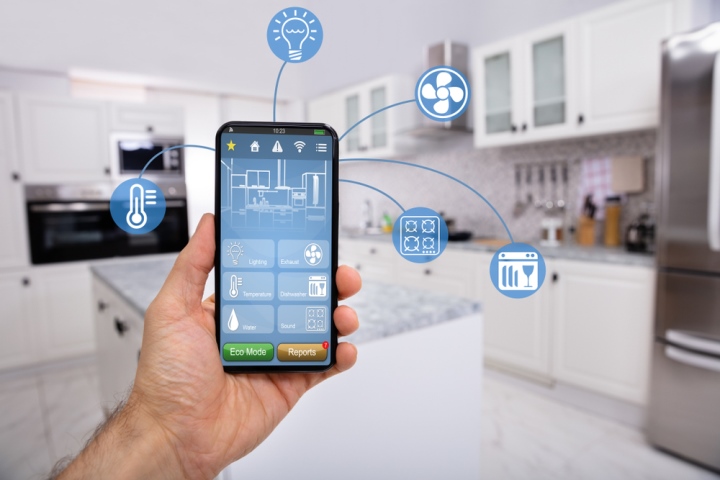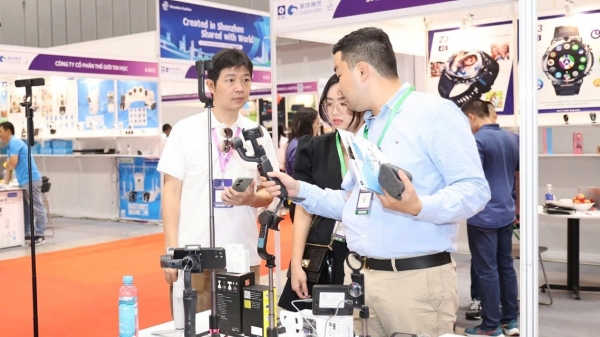However, to be called a top smart home device, it needs to meet some important criteria. This article will analyze the factors that determine whether a product is considered a smart home device.
What are smart home devices?
Smart home devices are electronic devices that can be controlled remotely via an internet connection. When your home has smart home devices, you will enjoy the conveniences they bring. For example, users can turn on smart home devices before coming home through control via phone or computer.
A device is considered a smart home device when it meets the following basic and important technological factors:

What is called smart home device?
Multi-functionality and connectivity
A notable smart home device should be able to connect to the internet and support wireless communication. This allows it to link and interact with other devices on the home network through an easy-to-use interface.
In addition, smart home devices need to be multifunctional to address user needs. For example, it can adjust lighting, temperature, security, sound or support remote monitoring. The ability to customize and integrate different functions is an essential factor.
Integration and customization
One of the most important factors when considering smart home devices is integration with existing systems. For example, smart home devices should be compatible with popular smart home control platforms such as Apple HomeKit, Google Home, or Amazon Alexa. This allows users to control devices through apps or voice commands.
Customization is also an important factor to consider. Smart home devices should allow users to customize and configure them as they wish to serve their individual needs. The flexibility to create automated scenarios and control rules increases the utility of the product.
Security and Privacy
Due to the interconnected and networked nature of smart home devices, security and privacy protection are of utmost importance. Smart home devices should have superior security measures to prevent external intrusion and ensure the safety of user data.
In addition, these devices must comply with privacy regulations and must not collect or use users' personal information in an unauthorized manner.
Energy saving
Efficient smart home devices not only save energy but also promote environmental protection. Features such as automatic power off when not in use, natural light adjustment or energy-saving LED lights will bring benefits to the environment and energy costs.
Flexibility
Smart home devices are considered reliable when they have flexibility in user interaction and a variety of operating modes. Automatic, programmable and customizable functions allow settings to be adjusted to suit individual needs and desires.
Smart home devices bring many conveniences to users, but sometimes they still encounter problems during operation. Users should carefully consider the sensitivity, applicability and ease of use when choosing smart home devices.
MINH NHAT (synthesis)
Source






























































































Comment (0)